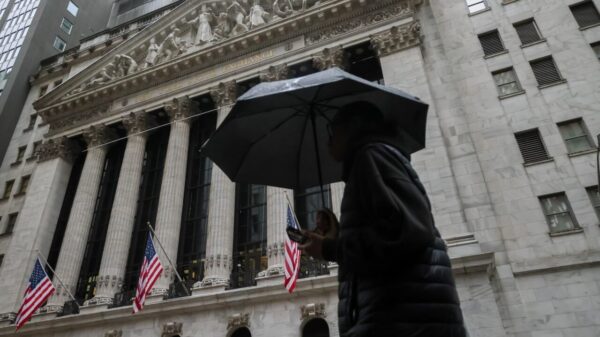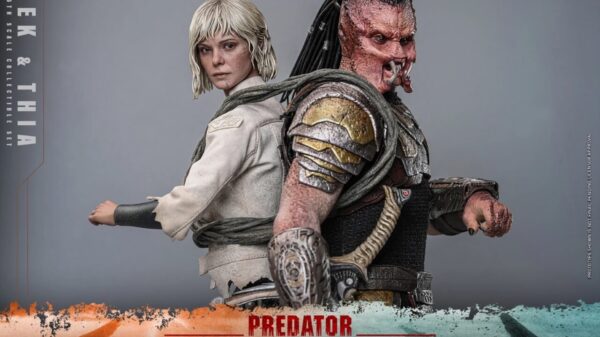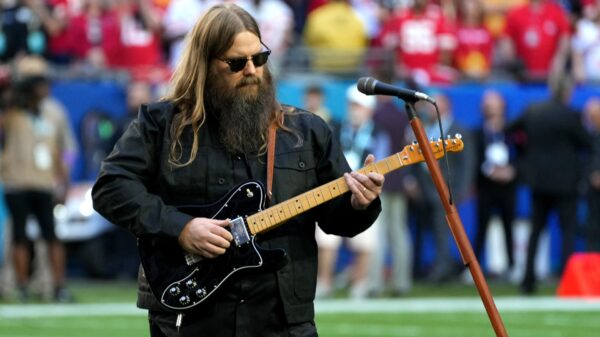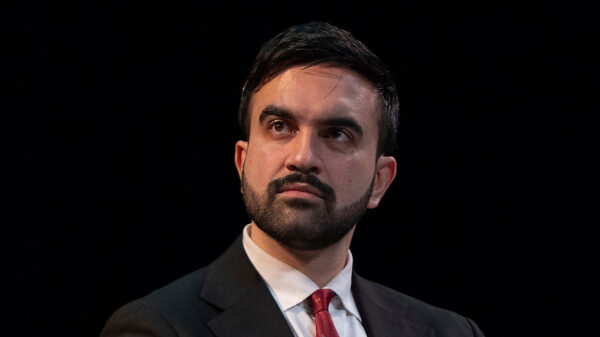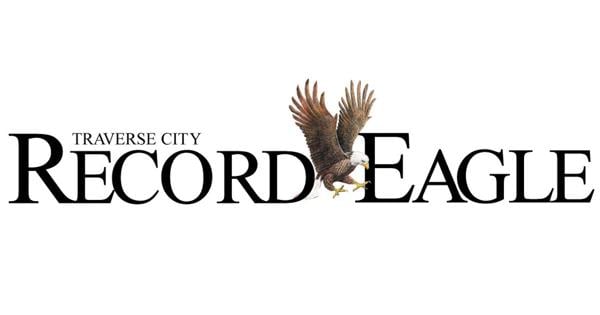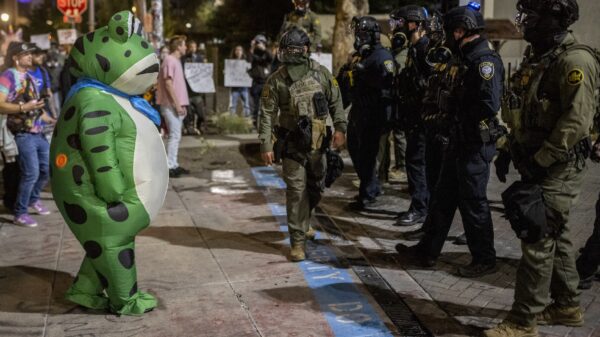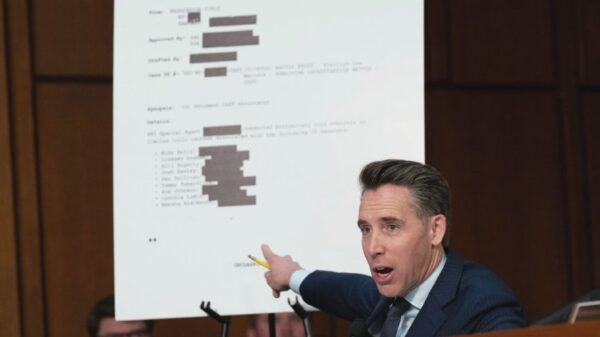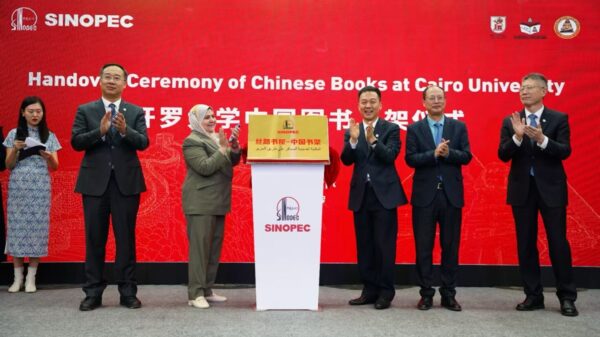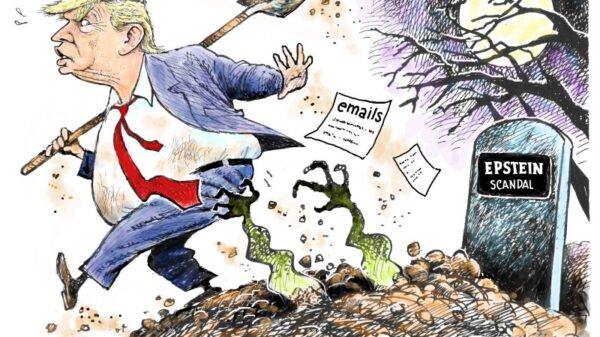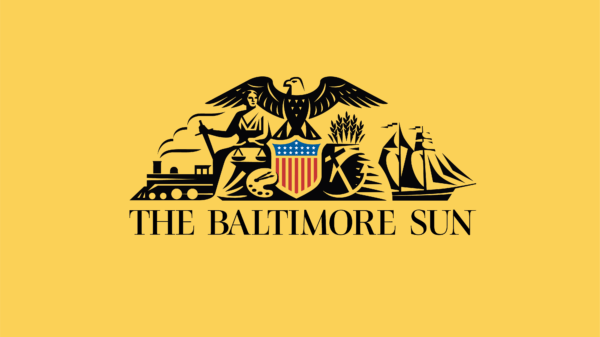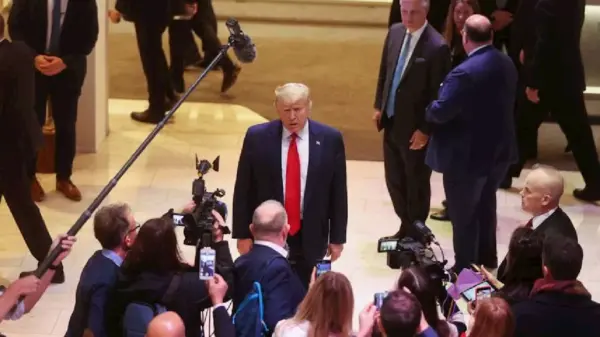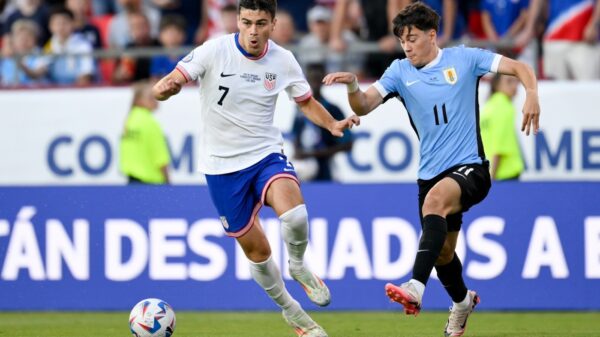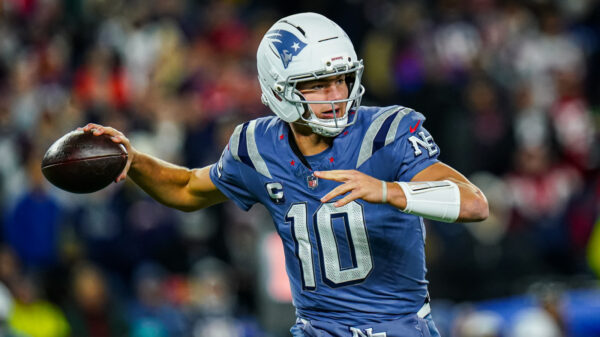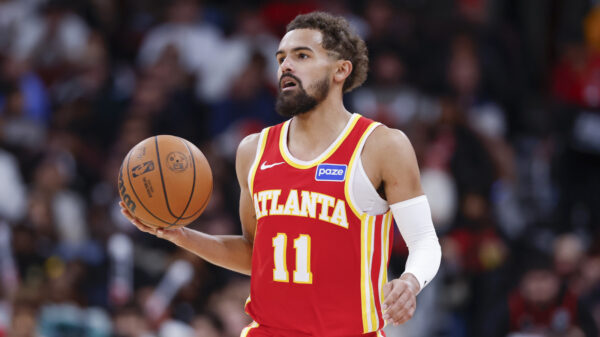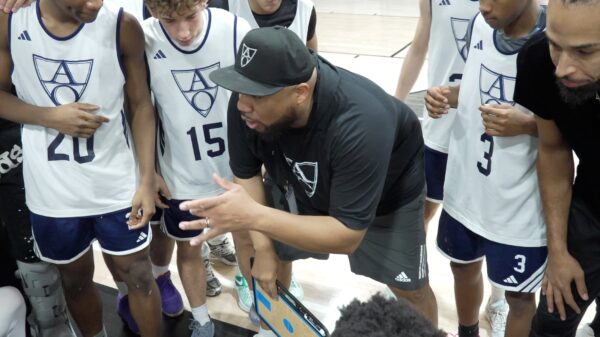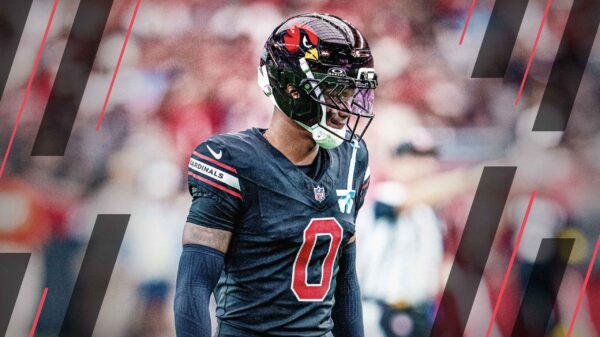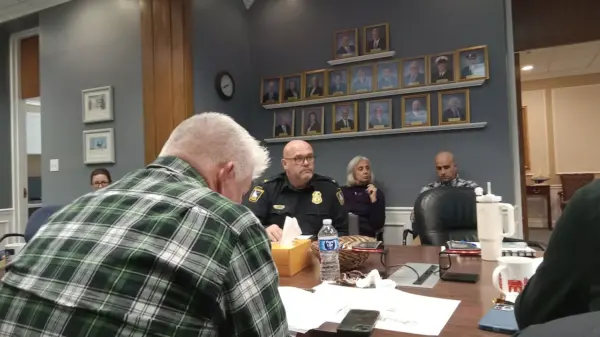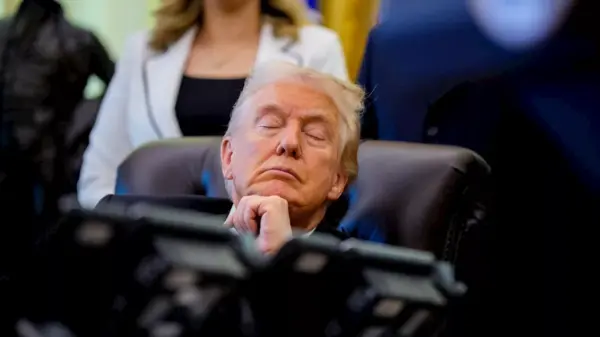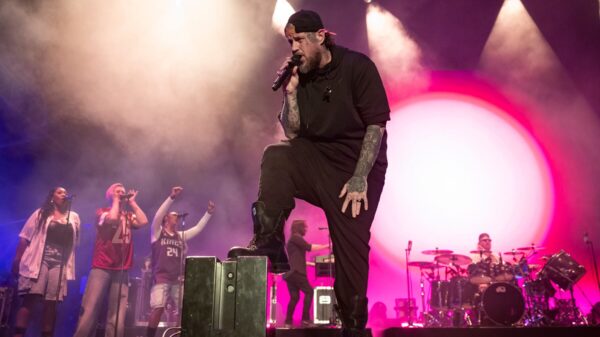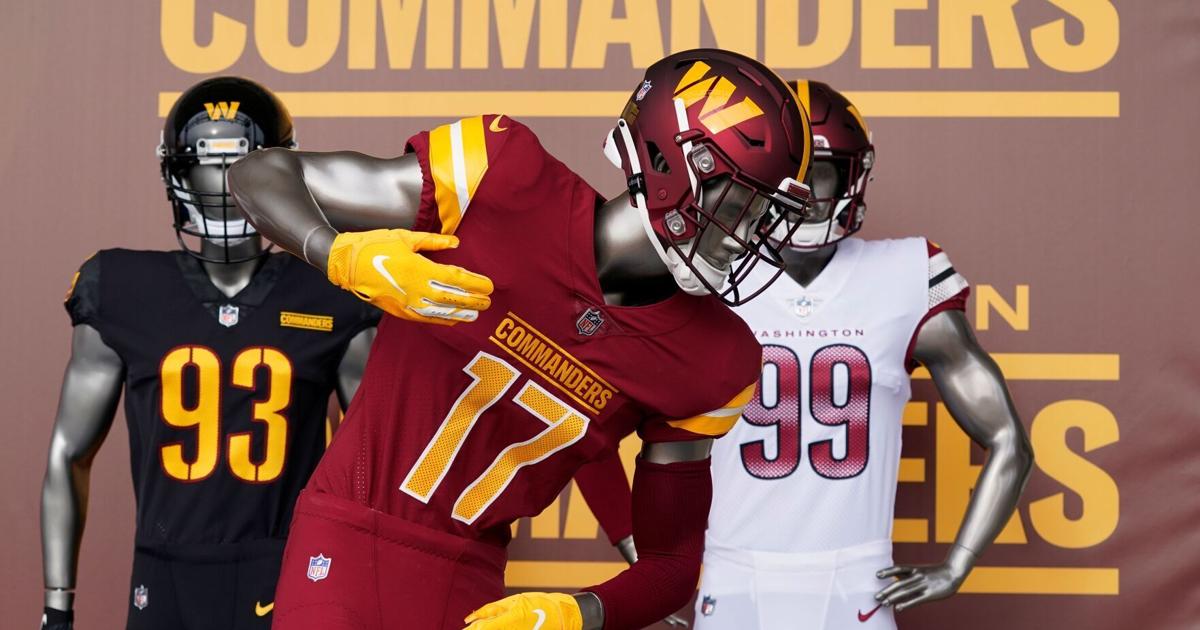Former President Donald Trump has issued a stark warning to the NFL’s Washington Commanders, threatening to oppose the team’s pursuit of a new stadium in Washington D.C. unless they revert to their original nickname. Trump’s comments also extend to Major League Baseball’s Cleveland Guardians, as he calls for them to abandon their current name in favor of their former identity.
These remarks come as part of a broader discussion about team names and their cultural significance. Trump’s stance reflects a belief that historical nicknames should be preserved, especially those he views as traditional. He expressed his discontent with the trend of teams changing their names, suggesting that such alterations remove a significant aspect of their legacy.
The Washington Commanders have no plans to change their current name, which was adopted in 2022 after a lengthy rebranding process. The decision to move away from their previous name, which many considered offensive, was part of a broader commitment to inclusivity and respect. Similarly, the Cleveland Guardians, which transitioned from the former Cleveland Indians name in 2021, have embraced their new identity, emphasizing community and cultural pride in their choice.
Critics of Trump’s remarks have pointed out that no professional sports team should be named based on racial or ethnic descriptors. One commentator remarked, “Can you imagine a team being called the Whiteskins, Blackskins, Yellowskins, or Blueskins?” This rhetorical question highlights the sensitivity surrounding team names and their implications in society.
In response to Trump’s comments, both teams have reiterated their commitment to their current identities. The Commanders and Guardians are focused on building their brands and fostering inclusive environments for their fans. The sentiment in both cities appears to lean towards acceptance of their new names, with local supporters expressing pride in the evolution of their teams.
As sports organizations continue to navigate the complexities of branding and cultural sensitivity, the debate over team names remains a contentious issue. Trump’s comments have reignited discussions about the balance between tradition and modern values in professional sports.
This ongoing dialogue reflects not only sports culture but also broader societal shifts towards inclusivity and respect for diverse communities. As the situation develops, it will be interesting to see how both the Washington Commanders and Cleveland Guardians respond to the pressures of public opinion and the expectations of their fan bases.



